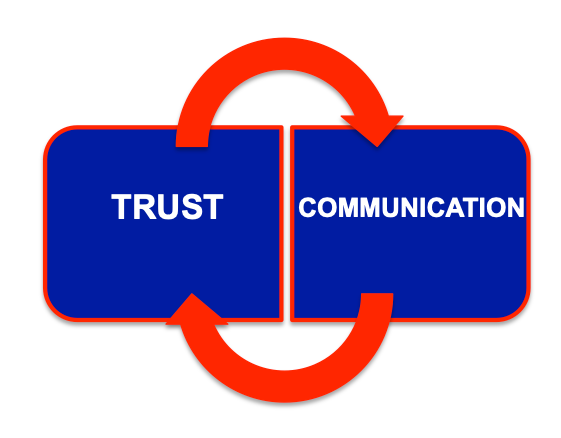“It’s just easier if I do it myself.”
“Every time I delegate, the work never meets my standard or my expectation.”
“If they make a mistake then I’ll just have to re-do it as well as cop the heat for the mistake and the costs.”
These, and a lot more, comments are what I hear from managers who avoid or have given up on delegating to their team members. Understandably if their experiences were not positive, it makes sense to avoid delegating. Working out why this is the case, it drills down to one key element that’s missing: trust! When managers have said they have no trouble delegating to some of their team members when we explore why, the answer comes down to one fundamental element: trust!
Trust is either missing in the process and/or the people.
Ask yourself:
- How much do you want to be trusted?
- How trustworthy do you want to known for?
- How do you respond to people who trust you?
Chances are you want to be considered trust worthy and you want to be known as reliable, dependable, trusted; and you feel more motivated and inspired with and by those who trust you.
Trust improves the quality of communication and communicating effectively builds more trust.
In interpersonal communication training, I cover the importance of body language, words and tone being in alignment for ensuring the message you want to send having the best possible chance of being understood how you want. Alignment is critical: when you walk your talk, when you do what you say you will, or quickly act to rectify when actions mis-align, dependability and credibility equal trust.
What you do has far greater impact than what you say.

For managers who struggle with delegation, trust is paramount. Also in Speed of Trust, Covey and Merrill talk about the fact that when we have trust in play we can get more work done at far less cost and it allows people to perform better, because they feel safer.
It’s easy to see how trust makes delegation more productive. Trust makes the team more productive!
You might find value in this quick video:





